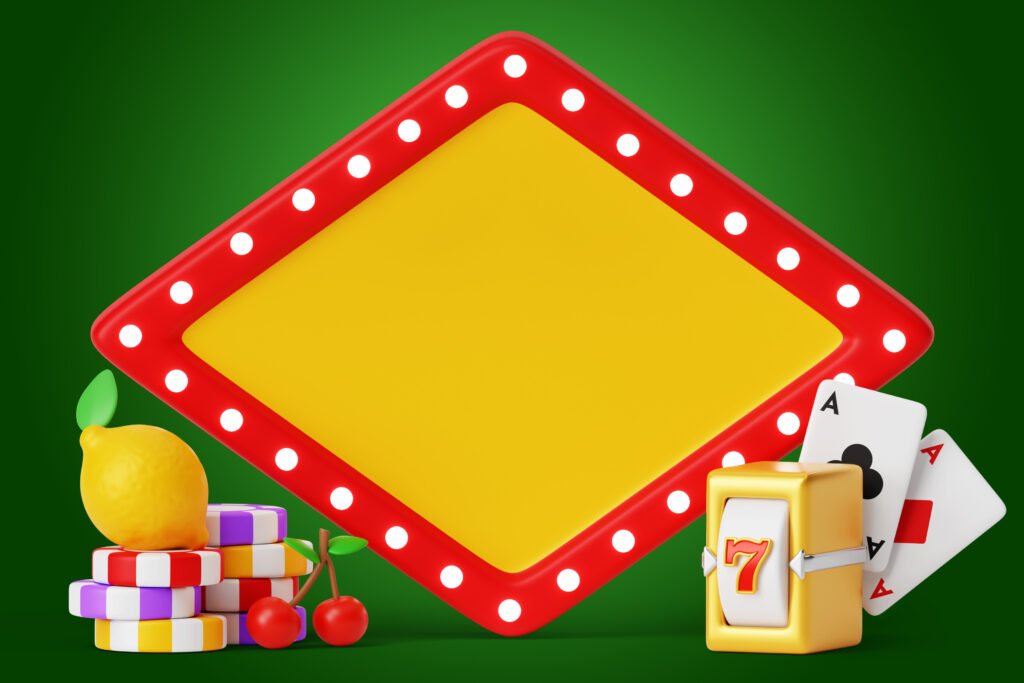How Player Psychology Still Matters Without Faces in Texas Hold’em Online

Even though the emergence of online poker removes the face-to-face interaction between opponents, the psychological side of the game remains critical. Physical tells like facial expressions may be gone, but the mental battle continues through timing of actions, bet sizing, use of chat functions and more. Understanding and utilizing basic elements of Texas Hold’em psychology can still give you an edge over recreational players.
Reading Bet Sizing and Timing Tells
While you can’t see sweat beading on your opponent’s forehead in online poker on a gaming website like Play Fina, bet sizing and timing still provide information. Extremely fast or slow clicks for check, call, fold or raise often psychology indicate strength or weakness. Similarly, bet sizing tends to reveal hand strength – a min-bet on the river often represents a marginal hand, while an overbet is polarized towards nutted hands or bluffs.
Pay attention to your opponent’s patterns over multiple hands. If a player consistently tank-folds to river bets without raising, they likely don’t have a strong hand and can be bluffed. If they snap-call your triple barrel bluff, it’s best to avoid bluffing them again.
Using Online Chat to Your Advantage
Most online poker sites offer chat boxes next to the table allowing players to send messages. While this can lead to abusive behavior, you can also utilize chat to gain valuable information:
Ways Opponents Reveal Information in Chat
- Tilting – Complaints about bad beats, insults and abrasiveness often indicate a player is on tilt emotionally. They may spew chips by playing looser and more aggressively.
- Showing cards – Some players reveal hole cards after big hands, giving you insight into their starting hand ranges.
- Talking strategy – Discussions of poker theory may psychology unintentionally reveal specific holes in a player’s strategy to exploit.
The chat box goes both ways too – be careful not to vent frustration or accidentally show strategic weaknesses in your own chat messages!
Adjust Your Strategy Based on Player Types
While less clear than live poker, you can still identify general archetypes and adjust accordingly:
- Aggro Fish – These players open raise and continuation bet too frequently. Let them bluff themselves out of pots when you have moderate hands.
- Calling Stations – Call downs with drawing hands and second-best made hands. Bluff sparingly since they’re inclined to call anyway.
- Nitty Regs – Bet cautiously for thin value against nits unwilling to put in chips without strong made hands.
Gather player info over several orbits before defining their type. Then tweak your strategy to maximize profit against archetypes with clear leaks.
Exploit Passive Opponents
Perhaps the most profitable opponent type online is the passive fish – players who limp and call too often but fold to aggression. They often play fit-or-fold, meaning strong hands yet aren’t willing to bluff catch.
Against these players:
- Isolate their limps with wider value raising ranges
- Double barrel on scary boards
- Value bet thinner for stacks
Passive opponents won’t adjust well to an aggressive strategy. They’ll often assume you always have it and give you credit for stronger hands than you actually hold.
Final Thoughts
Online poker has removed physical tells, but there’s still an important psychological element. Timing and bet sizing provides information about hand strength. Chat functions occasionally reveal strategic leaks. Player types can still be identified and exploited.
Without facial expressions to read, the mental battle might be less visually clear. But the underlying psychology driving actions still applies online. Stay observant of opponents’ patterns and inconsistencies. Remain disciplined to any weaknesses they show. Mix up your own play to avoid becoming exploitable yourself. While the landscape has changed, poker is still a game of exploiting opponents’ mistakes. So even without seeing your enemies’ faces across the table, outthink them and take their stacks.







